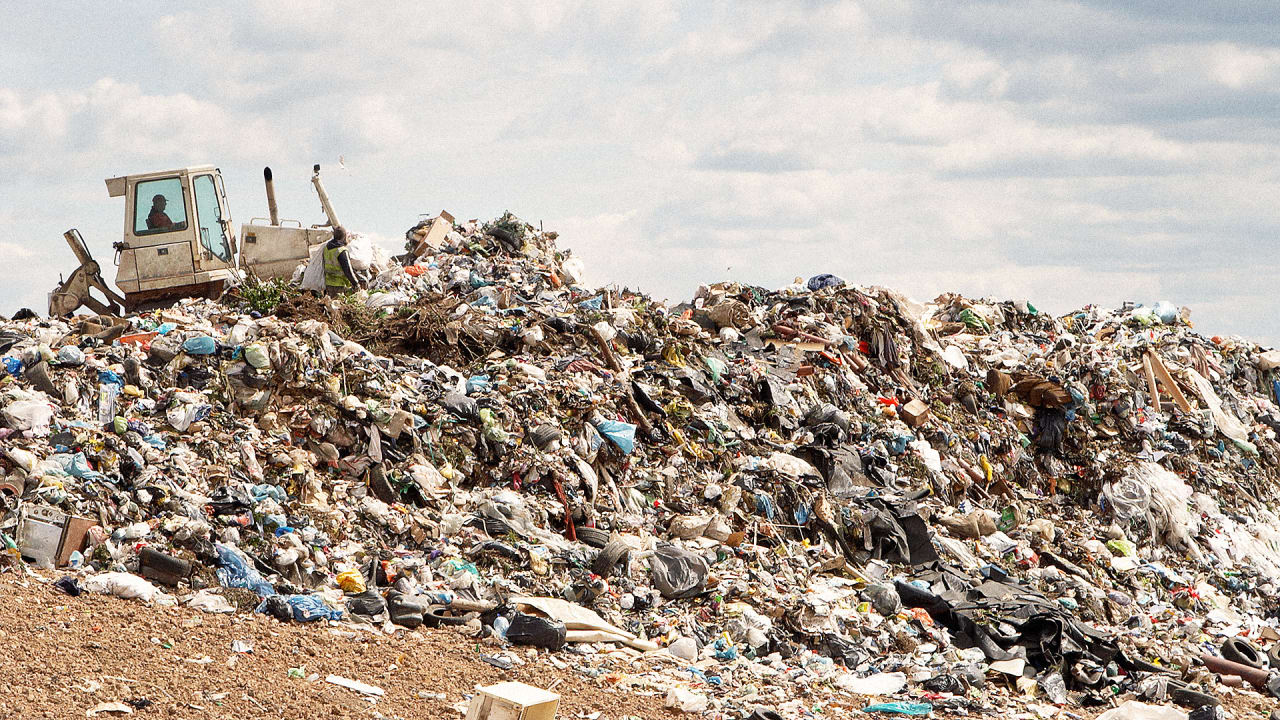
Is There A Need For A Power Infrastructure Portfolio Standard In The United States?
Waste management in the United States is sadly lacking in innovation. States have established recycling regulations & consumers became more informed, but the U.S. recycling rate is still a long way below leading European nations.
Centre for American Progress data illustrates just how far America lags behind Europe when it comes to recycling and repurposing trash to generate electricity.
As shown in the graph below, only 7% of America’s municipal solid trash is now being converted into energy from waste (EfW). According to the CAP analysis, this must change.
When it comes to the customer’s bottom line in California, as author adds, the economics of on-site renewables are attractive.
Home to Electricity Conversion Completed Here’s how it worked and how much it cost.
Recycling and EfW legislation have almost reduced landfilling in nations such as Austria, the Netherlands, and Germany in the past few decades. Between 2001 and 2011, the EU was able to reduce its trash to landfills by roughly 20%, resulting in a 34% decrease in greenhouse emissions from of the waste industry compared to the 1990s period. Also Read Multiple Factors Such as Climate change will worsen air pollution
In the United States, 560 out of 1,900 landfills are adopting technologies to capture waste gas and convert it into energy. An excellent approach to recycle waste landfill methane, only one-third of it is converted to energy in this process. The remaining gas would either be flared or not salvaged at all. Methane emissions from landfills place them behind only natural gas or agriculture sectors.
Under several state renewables portfolio guidelines, landfill gas is considered a renewable source. However, CAP’s Matthew Kasper believes that garbage combustion seems to be a better resource since it prevents rubbish from being landfilled & results in a significantly greater reduction in carbon emissions.

“Landfills, particularly methane-gas capture ones, are often placed on similar or greater status in renewable projects than EfW,” writes Kasper. “This unintentional encouragement of landfill use affects attempts to lessen that dependency, and also state renewable or greenhouse gas reduction goals. So much money going to landfills stifles the advancement of more environmentally friendly techniques of waste management, such recycling and energy from waste (EfW), farther up the food chain.”
New, high-tech facilities may be 85 percent better than the current EPA guidelines, yet burning waste does not sit well among people.
Furious environmentalists cried foul when an Arizona co-op was permitted to burn solid wastes instead of more environmentally friendly options like solar. There is a similar argument taking place in other states that are supporting EfW as a part of their goals. Twenty-one states already include EfW in their goals, with the some, like Maryland, placing it technology on a par with solar and wind power..
Environmental and clean energy advocates are at conflict with CAP’s research, which advocates for a national EfW requirement as part of the federal government’s renewable energy goals. Standards for recycling and composting would be added to the EfW standard, helping to further limit the amount of trash going to landfills in this country’s waste disposal system.
For the U.s to begin reducing waste sent out to landfills, growing recycling rates, as well as generating renewable energy from landfills, a municipal-solid waste portfolio standard should be enacted by Congress as well as applied nationwide, as well as for individual states, to include EfW in their existing renewable-energy portfolio standards,” decided to write CAP’s Matt Kasper there in report.
An intriguing idea is only just now receiving serious study. The likelihood of gaining traction on an extra policy such as this is slim because Congress has shown little interest in adopting a clean energy requirement. With several environmental organizations worried about the effect of EfW, there could be a vigorous focus on the role of shite power if it ever gains traction.



